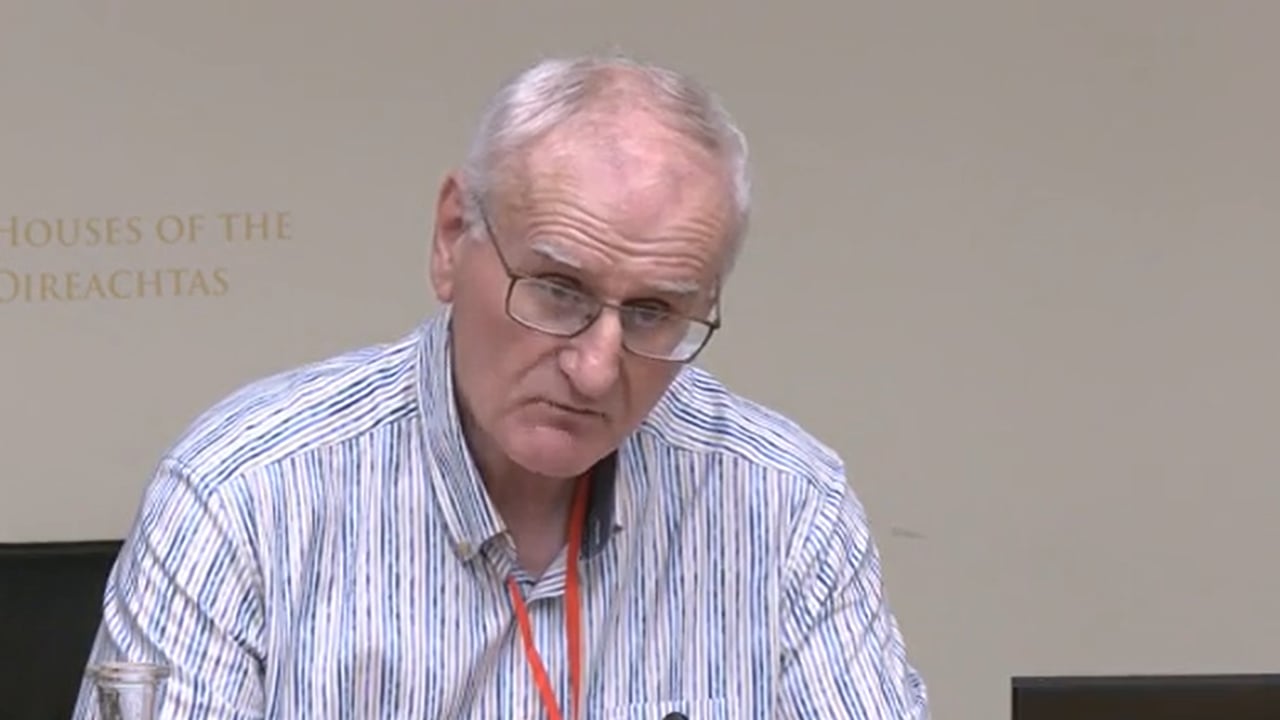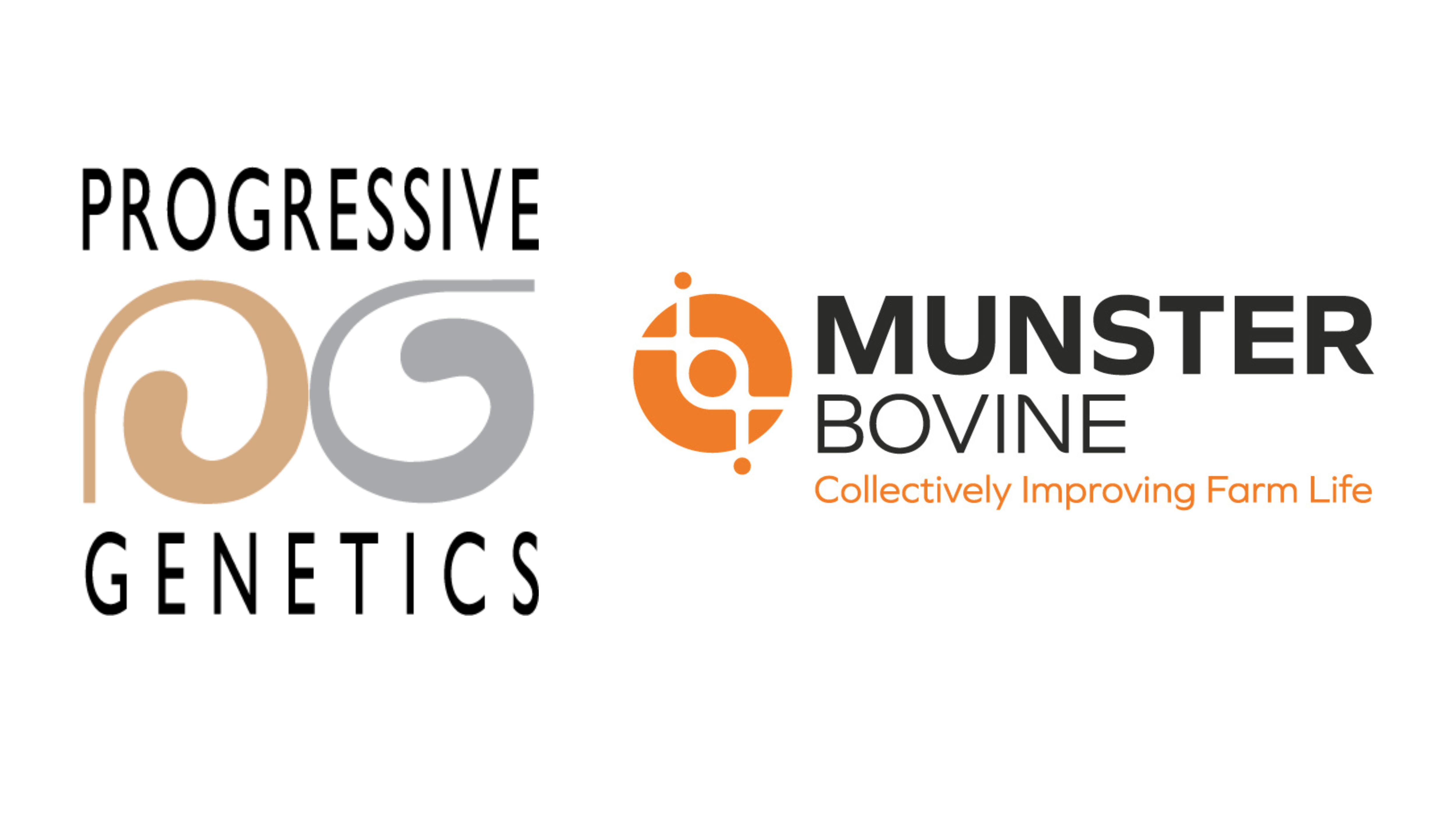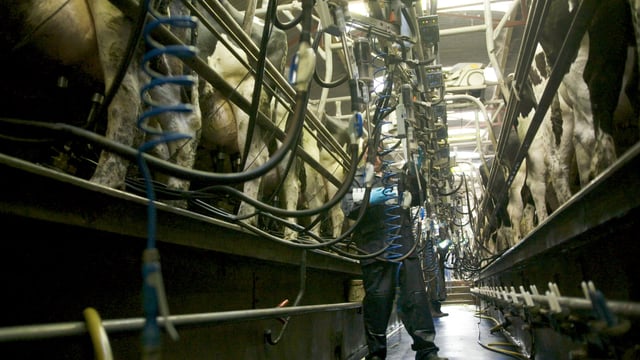Claim that 8 out of 9 merchants will close due to vet medicines law
The Independent Licenced Merchants Association (ILMA) has claimed that the law change around veterinary medicines could result in eight out of every nine of its 350 members closing within the next 12 months.
The stark figure was provided by Terence O'Shea, who represented the ILMA at a meeting of the Joint Oireachtas Committee on Agriculture and Food.
However, that figure is, according to O'Shea, based on amendments proposed by the ILMA being adopted and included in the legislation.
Without those amendments, the ILMA claimed that the impact could be even worse, with only around five out of the 350 remaining in business over the next 12 months.
The Veterinary Medicinal Products, Medicated Feed and Fertilisers Regulation Act mandates, among other requirements, that certain veterinary medicines that previously could be purchased by farmers without a prescription would now require a prescription from a vet.
The regulation has led to concerns from licenced merchants of veterinary medicines, as well as many politicians, that vets which stock veterinary medicines would be in a position to retail the medicines they issue prescriptions for, reducing competition from merchants and potentially squeezing them out of business.
O'Shea told the committee: "I represent the ILMA, which comprises around 350 small licenced merchants and general merchants, mainly in the western seaboard and along the border counties.
"We have done a fairly in-depth analysis of the way our members will end up if the statutory instrument stays as it is or if it is amended. If the amendments that we have put forward...are accepted and if the statutory instrument is amended...approximately 50 members out of a total of 350 will remain in the business over the next 12 months," he said.
"If it is not changed, it will probably will be fewer than five," O'Shea claimed.
"The sector we represent...are village and small town merchants. Around 20% of their turnover is veterinary medicines but that is also around 20% of their profit.
"If they are forced to exit the industry due to the technicalities in the statutory instrument, their ability to generate profit drops by 20%, but their insurance and their light and heat bills do not drop by 20%. Ultimately, what will happen is the number of people supplying veterinary medicines will reduce," O' Shea said.
He added: "These are the merchants that are available on Saturday night and are open on Sunday to supply all of the farm needs. All of us are from rural Ireland and if one travels through the villages and towns in rural Ireland, the priest is gone, the garda station is gone, the phone box is gone, as is the pub, coffee shop and restaurant.
"Now we have a statutory instrument that will ultimately force the merchant out," O'Shea commented.
He said the Department of Agriculture, Food and the Marine is aware of the "subtle changes" that need to be made to ensure that a "small number" of independent merchants can "remain viable".
"If we end up with less than 50 merchants, that is one for every 3,500 farming enterprises in Ireland. It does not make sense," O'Shea said.
He said that, from the feedback it received when carrying out its assessment of the impact of the new law, it could only "count 38 merchants we genuinely believed would remain in business" even if officials in the department "made the appropriate amendments".
"In that alone we are losing eight of every nine members we have," O'Shea claimed.





